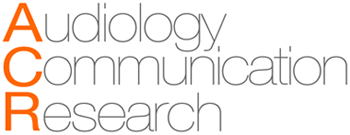ABSTRACT
Purpose
To describe and relate the performance of receptive vocabulary in students with learning difficulties of different genders, educational levels, and socioeconomic levels.
Methods
Documentary study, approved by the Research Ethics Committee under number 1,012,635, with 46 records between 2017 and 2019, considering demographic data: gender, education, and socioeconomic level of the family. The medical records included were those with complete speech-language assessments. To check the family's socioeconomic level, the questionnaire from the Brazilian Association of Research Companies - ABEP was used, and for the receptive vocabulary skill, the Picture Vocabulary Test - TVfusp139o. In this test, the classification very low, low, medium, high and very high is used. For the classification criterion to be presented as the average, the score of correct answers by education is 2nd grade (105.8), 3rd grade (112.8) and 4th grade (117.4).
Results
Of the 46 participants in the sample, 31 (67.4%) were male and 15 (32.6%) female, with a predominance of students in the 4th year (34.80%) and socioeconomic class between levels B2 and D-E. In the vocabulary assessment, 28 (60%) of the 46 participants obtained an “average” classification. There was a correlation between education and receptive vocabulary performance (p = 0.008) and; between age and receptive vocabulary performance (p = 0.007).
Conclusion
Performance in receptive vocabulary advanced with age and education, but there was no influence on a socioeconomic level.
Keywords:
Language development; Low income; Education; Language tests; Learning

 Thumbnail
Thumbnail
 Thumbnail
Thumbnail

